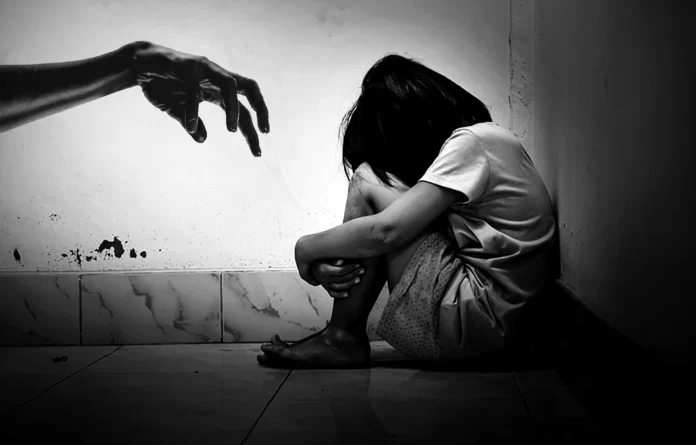By Manish Dixit
On November 12, 2025, the Supreme Court of India is scheduled to hear one of the most sensitive and far-reaching issues of our time — whether sexual activities between adolescents aged 16 to 18 years, undertaken with “consent,” should be treated as a criminal offence.
The case currently before the Supreme Court — Nipun Saxena v. Union of India — seeks to examine whether the age of consent under Indian law should be reduced from 18 to 16 years. The outcome will have profound legal, psychological, and social implications for India’s youth and society at large.
Legal Background and Context
Under the Protection of Children from Sexual Offences Act, 2012 (POCSO), the age of consent is fixed at 18 years. This means any sexual act with a person below 18 — even if “consensual” — constitutes an offence. The Act was enacted with the clear objective of protecting children from sexual exploitation, abuse, and coercion, recognizing that minors lack the emotional and psychological maturity to make informed sexual choices.
The Union Government has consistently opposed any dilution of this standard, warning that lowering the age of consent or creating exceptions for adolescents would weaken the very fabric of child protection law.
Why Consent Between 16–18-Year-Olds Should Not Be Legally Validated
1. Emotional and Psychological Immaturity : Adolescents in this age group may appear physically mature, but their cognitive and emotional faculties are still developing. Decisions at this stage are often driven by peer influence, social pressure, and emotional vulnerability rather than informed reasoning. Recognizing such “consent” as valid could expose minors to lasting psychological trauma and exploitation.
2. Risk of Exploitation and Power Imbalance : Even within seemingly consensual relationships, unequal power dynamics — social, emotional, or economic — often exist. Such imbalances can make consent illusory rather than genuine. Legal validation of such relationships could unintentionally legitimize manipulation and coercion.
3. Undermining the Protective Purpose of POCSO : The POCSO Act was crafted to provide a shield of protection for every minor. Allowing exceptions for “adolescent consent” would open dangerous loopholes for perpetrators to exploit and escape liability. In a country still grappling with child abuse, trafficking, and sexual violence, such relaxation would be deeply counterproductive.
4. India’s Socio-Cultural Realities : India continues to face challenges such as early marriages, gender disparity, inadequate sex education, and patriarchal pressures. In this context, recognizing adolescent sexual consent risks normalizing premature sexual exposure and could have far reaching social consequences.
Addressing Common Counterarguments
Argument: “Today’s teenagers are more mature; they deserve sexual autonomy.”
Response: Physical maturity is not emotional or cognitive maturity. The law must safeguard all children uniformly, not cater to a few exceptional cases.
Argument: “Criminalizing consensual adolescent relationships harms young lives.”
Response: The solution lies in sensitive legal handling, counseling, and restorative justice, not in weakening the law’s protective core.
Argument: “Other countries have ‘close-in-age’exceptions.”
Response: India’s socio-cultural and educational context differs sharply from Western nations. Importing foreign legal frameworks without contextual safeguards could have dangerous consequences.
Way Forward
The age of consent must remain 18 years to uphold the spirit of the POCSO Act. However, the justice system should evolve to deal with adolescent cases empathetically, emphasizing counseling, awareness, and rehabilitation rather than stigma.
There is also a pressing need to strengthen comprehensive sex education, parental engagement, and psychological support systems, so that young individuals grow with awareness and responsibility — not premature independence.
Conclusion
The upcoming judgment in Nipun Saxena v. Union of India will define how India balances protection and autonomy for its youth. But the fundamental duty of the State remains unchanged — to protect children from harm, exploitation, and irreversible consequences.
Lowering the age of consent might seem progressive in theory, but in practice, it risks exposing millions of vulnerable adolescents to danger under the illusion of freedom. India must not trade protection for permission. True progress lies not in lowering safeguards, but in raising awareness, emotional intelligence, and societal responsibility toward the next generation.
—Manish Dixit is a fourth-year BA LLB student of SR College of Law, Ghaziabad


